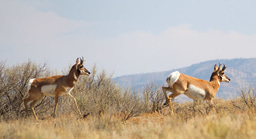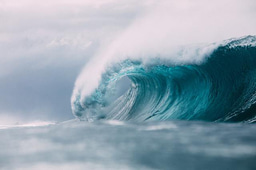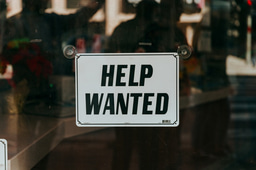Fascinating Study on Plastic Pollution in Bahia Blanca Estuary

Learn about ocean conservation with Alexia! 🌊 In this interview, find out how she discovered high levels of microplastics in the Bahia Blanca Estuary, which led industries to start cleanup efforts. Follow her story and see how her work is helping to fight plastic pollution and contribute to a wasteless world.
Interviewer: Ussi
Here's what we discussed:
Ussi: Alexia, how have you explored the impact of plastic pollution on coastal ecosystems?
Alexia: Absolutely! My Master's thesis focused on the Bahia Blanca Estuary in Buenos Aires. We analyzed the concentration of microplastics and how different industries in the area contribute to the various chemical compositions of these microplastics. It was fascinating to see how this contamination not only impacts the environment but also the economic development of these industries.
Ussi: That sounds incredibly detailed. What were some of the key findings from your research?
Alexia: We discovered that industrial activities significantly contribute to the presence of microplastics. The variety of chemical compositions found in the estuary's microplastics reflected the types of industries in the area. Moreover, this contamination poses a risk to both marine life and the economic sustainability of these industries, as it affects fishing yields and the quality of marine products.
Ussi: That's really insightful. Have you been involved in any partnerships to tackle plastic pollution?
Alexia: The data for the research was collected by INIDEP, a fishing research institution owned by the government. A partnership was created with one of the members of INIDEP, which generously offered the data for my thesis.

Ussi: Based on these experiences and your journey, what other lessons have you learned that you'd like to share with our WildHub members?
Alexia: I've learned so much, but here are a few additional lessons:
- Networking is key
- When teaching, offer interactive classes.
- Getting to know your audience aids in providing better engagement with them.
- Different and defined roles are super important for the development of a project.
- Having weekly get-togethers or calls is key to providing team-building.
Ussi: Is there a personal experience or moment that deeply influenced your commitment to ocean conservation, and how has it shaped your perspective and approach to environmental work?
Alexia: I was inspired by different influencers who passionately advocated for ocean conservation. Wanting to delve deeper into their efforts, my commitment grew after my first diving experience. This marked the turning point when I decided to focus a significant portion of my professional career on ocean conservation.
Ussi: Those are valuable insights. Finally, do you have any parting thoughts for our WildHub members?
Alexia: Never stop learning! Enroll in courses, study again, talk to people, and be inspired!
In conclusion, our conversation with Alexia underscores the pressing need for action against plastic pollution. Her research in the Bahia Blanca Estuary provides a stark reminder of the impact of microplastics on coastal ecosystems and industries. Through her personal journey and collaborative efforts, Alexia exemplifies the importance of individual commitment and strategic partnerships in environmental conservation. Let her experiences inspire us to take meaningful steps towards preserving our oceans for future generations




Please sign in or register for FREE
If you are a registered user on WildHub, please sign in